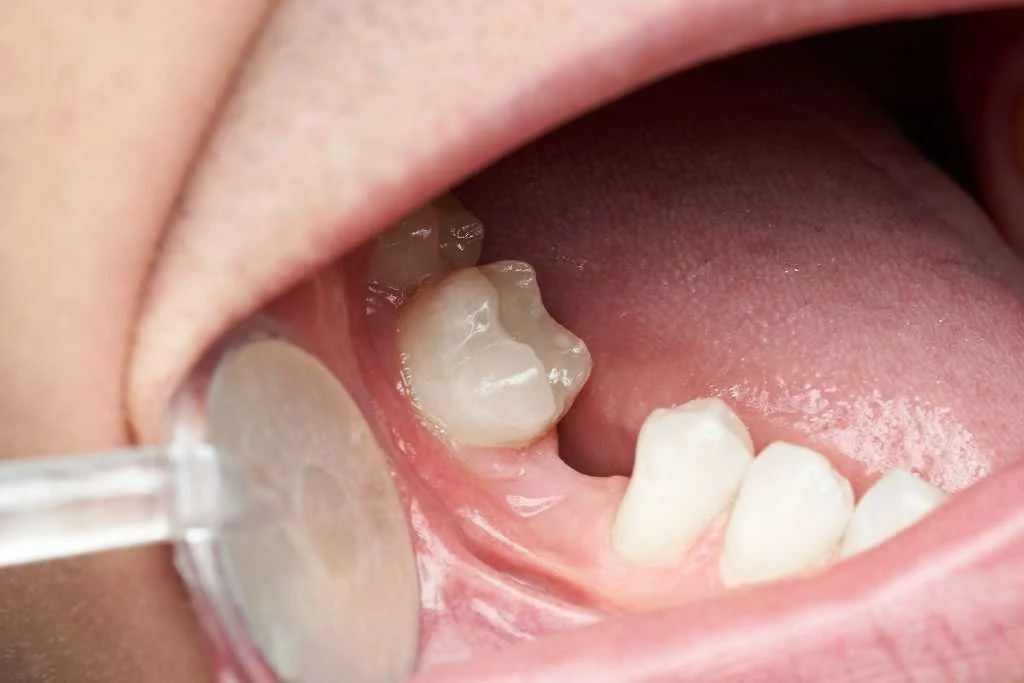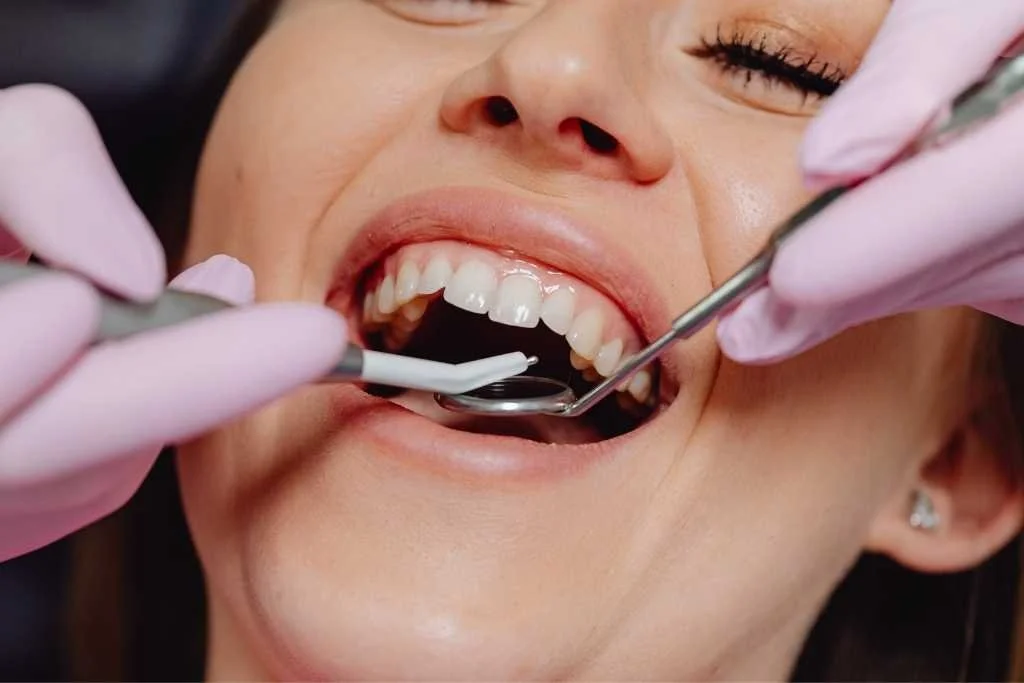Why Am I Bleeding After My Tooth Was Removed?
How much bleeding is normal after tooth extraction?
A little oozing is normal after a tooth is removed and this can happen for 24-48 hours, especially if the tooth was difficult to remove and the tooth had to be removed in pieces. Broken down teeth, broken down root canal teeth, teeth with multiple roots on them, teeth that are fused to the bone, and teeth that are underneath the gums can typically require surgery to take them out and the bleeding can be more due to the increased difficulty in tooth extraction. A call to the dentist office that performed the tooth removal should be made if the bleeding you have is filling your mouth with blood, lasts more than 3 days, or is causing you to become faint.
What causes excessive bleeding after tooth extraction?
Certain types of medical problems can cause clotting disorders and make someone prone to bleeding issues. Diseases like Hemophilia, von Willebrand’s disease, liver dysfunction, certain types of cancer, and other disorders involving the blood clotting cascade can cause someone to be more likely to bleed after tooth extraction. People on aspirin, Coumadin, Xarelto, Plavix, Lixiana, Pradaxa, and Eliquis are also more likely to bleed after tooth removal. Other medications that can cause bleeding are antidepressants, antipsychotics, corticosteroids, oral contraceptives, and tamoxifen. Supplements known to cause bleeding include garlic, ginseng, ginger, ginko biloba, donq qua, and feverfew. Other things that can cause bleeding after tooth removal include smoking, drinking alcohol, strenuous exercise, vigorous rinsing, and eating hard foods.
What can someone do to try and stop the bleeding after tooth removal?
If you are experiencing heavier than normal bleeding the first step to try and stop the bleeding is put gauze in your mouth and bite down on it for an extended period of time (20-30 minutes). If the bleeding continues, wrap a warm tea bag around gauze and bite down on it in the same fashion as the tannic acid in the tea has clotting properties. Do not smoke, drink alcohol, rinse for 24 hours after tooth removal, eat hard foods, or perform vigorous exercise to prevent the blood clot from dissolving and bleeding to occur. Bleeding can also occur the following morning after extraction as your tongue can disturb the clot and you can wake up in the morning with blood in your mouth. It is not uncommon for people who take anticoagulation medication to wake up with a jelly clot or a ‘liver clot’ in their mouth in the area of the removed tooth. This jelly clot needs to be wiped away and the whole process of biting down on gauze to stop the new bleeding will have to begin.
What can be done in the dental office to try and stop the bleeding?
If the bleeding after tooth removal is uncontrolled and filling your mouth with blood or it has lasted for more than 48 hours, a return to the dental office may be advised. Procedures that can be performed are removal of the bad clot by suction and saline irrigation of the tooth extraction area. The area can be cleaned and then packed with material that help stop bleeding. The area will then be stitched in a way that can assist gum tissue closure and stop bleeding. There are also ‘glue stitches’ available that can further help bleeding to stop. Lasers can also be used to cauterize the area and stop the bleeding.
Contact us today for more information.
Contact Us
Address
1110 2nd Ave Ste 305
New York, NY 10022
Phone
Tel: 212-751-8530
Fax: 212-751-8544
Hours
Monday | 9am - 5pm
Tuesday | 9am - 5pm
Wednesday | 9am - 5pm
Thursday | 9am - 5pm
Friday | 9am - 5pm
Saturday | Closed
Sunday | Closed




